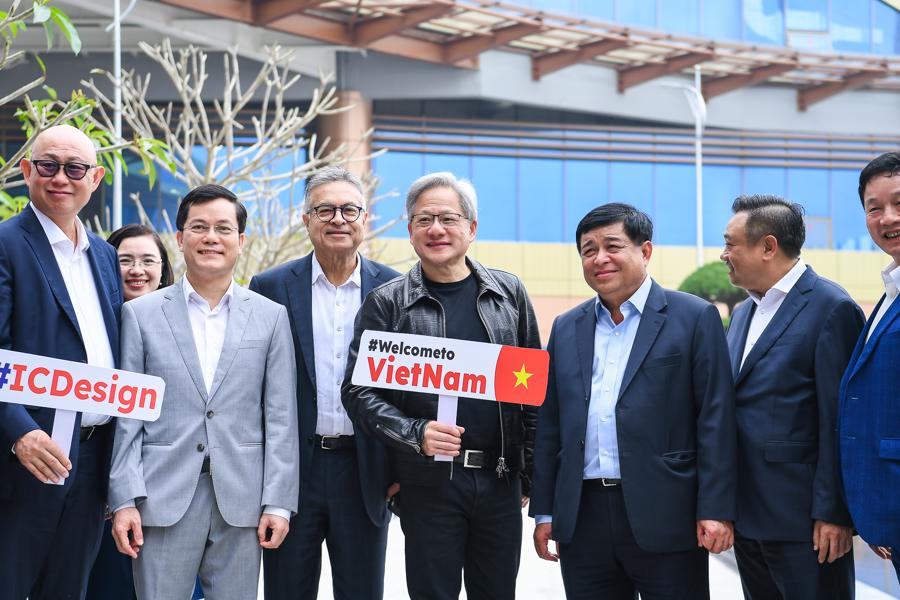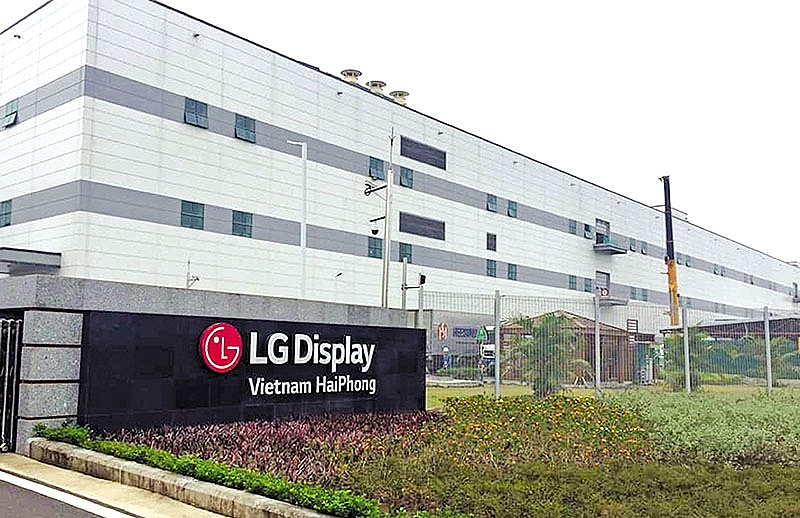As Southeast Asia bounces back from the economic shocks of the pandemic, Vietnam is emerging as a shining star in the region's recovery and transformation. Once known primarily for its low-cost manufacturing, Vietnam is now drawing global attention as a rising hub for high-tech investment, especially from major players like NVIDIA and LG.
A Region in Recovery
The Asian Development Bank projects steady growth across Southeast Asia, with the region expected to expand by 4.5% in 2024 and 4.7% in 2025. Vietnam is outpacing even those strong figures, with anticipated growth of 6.8% this year. This economic momentum is driven by resilient domestic consumption, a rebound in exports, and a surge in foreign direct investment (FDI).
Despite global uncertainties — from US tariffs to supply chain shifts — Vietnam stands out for its strategic policies, stable growth, and skilled workforce. The country's success is making it a focal point for multinational corporations seeking both manufacturing muscle and innovation potential in Asia.
NVIDIA's Bet on Vietnam's AI Future

NVIDIA, a leading name in artificial intelligence (AI), is making significant moves in Vietnam. In December 2024, the company signed an agreement with the Vietnamese government to establish two new AI centres: a Research and Development Centre and a Data Centre. The R&D centre, in particular, is a milestone, and it is only NVIDIA's third hub globally after the US and Taiwan.
Vietnam's young, tech-savvy workforce and strong government backing made it a natural choice. NVIDIA is already collaborating with over 100 Vietnamese startups and 65 universities. The company also launched a US$200 million AI factory in Hanoi with local tech firm FPT Corporation. It acquired VinBrain, a healthcare AI company known for its diagnostic platform, DrAid.
These investments are part of Vietnam's broader ambition to become an AI leader in Southeast Asia. With the digital economy targeted to contribute 30% of GDP by 2030, the government is backing initiatives that combine innovation, talent development, and international partnerships.
LG: From Manufacturing to Innovation Hub

LG, the South Korean electronics giant, has long been invested in Vietnam. As of April 2024, LG's cumulative investment in the country had reached US$8.24 billion, with operations centred in Hai Phong. Its Vietnamese subsidiaries posted impressive revenues totalling US$10.3 billion in 2024, marking a 10% year-on-year increase.
While Vietnam remains LG's manufacturing powerhouse, especially in electronics and OLED display panels, the company is also expanding its research and development footprint. LG now operates R&D centres in Hanoi, Hai Phong, and Da Nang, employing over 1,100 engineers. New projects include a state-of-the-art camera module factory and additional investment in OLED display production.
However, not all expansion plans are moving ahead smoothly. In response to rising US tariffs, LG has paused its plans to grow specific home appliance lines in Vietnam. The company's broader commitment remains firm, underscoring Vietnam's importance to LG's global strategy.
Why Vietnam?

Vietnam's fast-developing digital economy, coupled with its strong economic growth, strategic location in global supply chains, and growing pool of STEM talent, makes it a compelling investment destination. The government's actively creating an investor-friendly environment through industrial zones, tax incentives, and infrastructure upgrades further enhances its appeal.
In 2024 alone, Vietnam attracted US$38.23 billion in FDI, much of it in high-tech sectors. Other tech giants like Google, Microsoft, Apple (via Foxconn), and Qualcomm are increasing their presence, further validating Vietnam's rising status in the global tech ecosystem.
Looking Ahead
The investments by NVIDIA and LG highlight two parallel trends: Vietnam's evolution into a regional AI and tech powerhouse and its continued strength as a global manufacturing base. These developments position Vietnam for sustained economic growth and signal a shift in how Southeast Asia fits into the world's high-tech future.
To maintain this momentum, Vietnam will need to continue investing in infrastructure, education, and digital policy. The challenges ahead — from geopolitical tensions to economic slowdowns — are real, but so is the potential. It's essential to be aware of these challenges and work towards mitigating them.
In the race to define the next chapter of global tech, Vietnam is not just catching up but getting ahead. With the investments by NVIDIA and LG, Vietnam's tech industry is on a trajectory of growth and innovation, positioning the country as a key player in the global tech ecosystem.


















